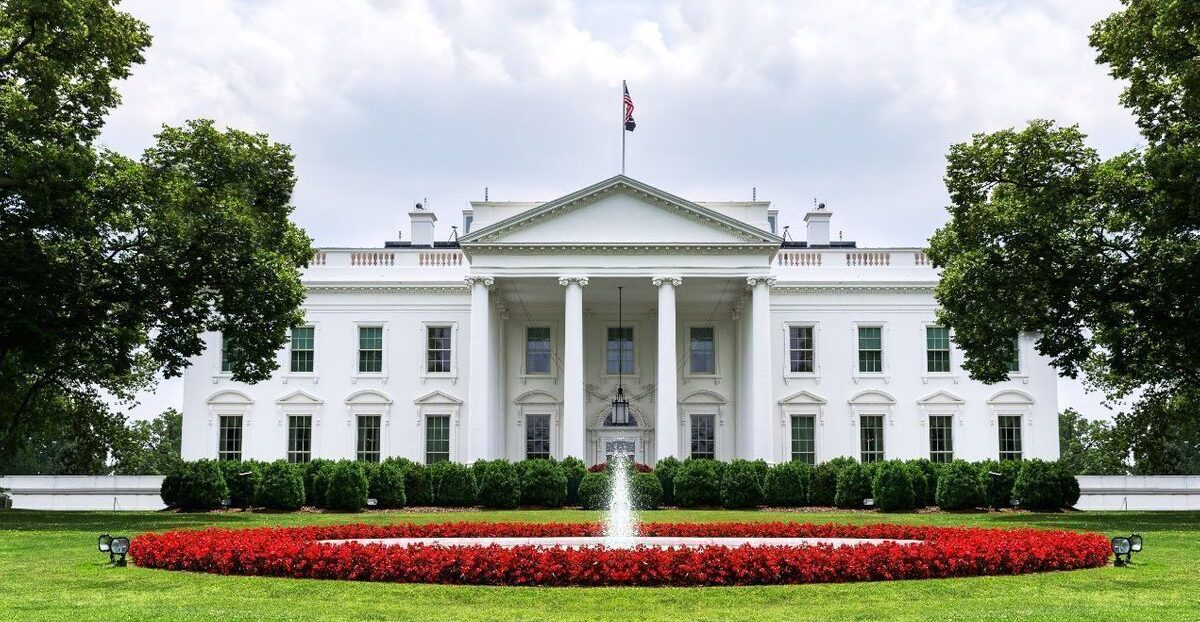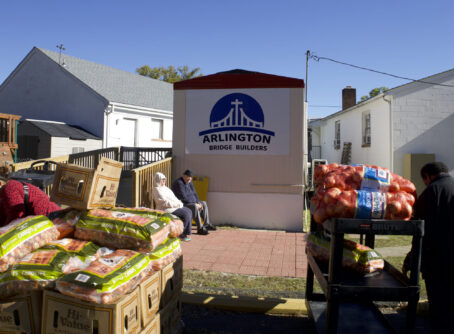
On the campaign trail, President-elect Donald Trump did not make promises about the faith-based initiative. However, since the election, he has promised to reestablish a White House faith-based office and to give it a direct link into the Oval Office.
After his inauguration, when President Trump puts in place a high-level White House entity to engage with faith-based organizations, he will be continuing a pattern of presidential action stretching back more than two decades and involving presidents of both parties, including his own first term in the Oval Office.
A White House Office of Faith-Based and Community Initiatives was first created by President George W. Bush at the start of his first term in early 2001. Five years earlier, Congress had included “Charitable Choice” language into the sweeping 1996 federal welfare reform law. Charitable Choice required states, when spending federal dollars on welfare services, to give faith-based organizations the same opportunity as secular service to win the funds. This was a radical shift from decades of constitutional misinterpretation, which had required government officials to disfavor providers with distinct religious identities and missions. President Bush’s White House faith-based office, and the counterpart faith-based centers that he created in major federal agencies, were tasked with ensuring that the Charitable Choice principles requiring equal treatment were respected whenever federal funds were used to obtain social services.
Every president since then has maintained the federal faith-based initiative with its equal treatment requirements and specialized officials, aiming to make government a supporter, rather than opponent, of the good work of faith-based and community-based organizations. Each president has carried out his stewardship of the initiative in a distinctive way, given his own priorities and values. Presidents have also had to adjust policies and rules as the U.S. Supreme Court has continually clarified the obligation of government to work with, and not against, faith-based organizations whenever it chooses to collaborate with private organizations. Successive presidents have also faced new challenges, particularly the intersection between the rights of LGBTQ people and the rights of religious people and organizations.
Along the way, some of the authority of the federal faith-based initiative and its officials has drained away, making it more difficult for them to press their administration colleagues to treat faith-based organizations fairly and to consider these organizations’ particular strengths when a federal agency contemplates how it can best achieve its goals of serving the common good. Additionally, some of the power of the initiative and its officials has been undermined as successive White Houses increasingly viewed the initiative more as a tool to gain the support of faith-based organizations for administration priorities, rather than primarily as a way to support the work of those faith-based organizations.
President Trump has an opportunity to reset the federal faith-based initiative and reinvigorate it as a crucial means of redirecting the attention of government agencies from carrying out their own visions to protecting and supporting civil society’s good works—the creative, inspiring, and trusted programs and staff of countless faith-based and community-based organizations.
Stanley Carlson-Thies, Senior Director of CPJ’s Institutional Religious Freedom Alliance, has played a key role in the development of the faith-based initiative.
In his contribution to the “Spirited Debate” essay series, organized by John DiIulio, director of the University of Pennsylvania’s Program for Research on Religion and Urban Civil Society, Carlson-Thies offers a comprehensive assessment of the faith-based initiative.
His essay, “Bending the Arc of Public Policy to Make Government a Partner with Communities and Faith: The Vision, Advances, and Unfinished Reforms of the Faith-Based Initiative,” provides extensive insights and actionable recommendations for rejuvenating the faith-based initiative. This contribution highlights our commitment to policies that strengthen partnerships between government and faith communities for the common good.
Stanley Carlson-Thies is the Founder and Senior Director of the Institutional Religious Freedom Alliance (IRFA), a program of the Center for Public Justice.



